Claesz, Still Life with Musical Instruments, 1623
The title Telemann gave his publication, “Table Music,” may
lead us to believe that the work only served as pleasant background to various
gastronomic activities. Apart from the fact that the music, as was often the
case with chamber works, may have performed such a duty, a title such as
Overtures, Concertos or Sonatas would have probably had less impact from a
publicity point of view. Indeed, musical works written and published with a
reference to the table had been legion since the beginning of the 17th century.
The Taffel-Consort published by Thomas Simpson in Hamburg in 1621,
the Partitas of Heinrich Biber’s Mensa sonora (1680) or the Simphonies pour les
souper du Roy of Michel-Richard Delalande, among other examples, were all
written in accordance with the idea, typical of Baroque aesthetics, that all
human activities should coincide and that life’s delights should meet, but were
also conceived with the aim elevating the arts to princely heights.

























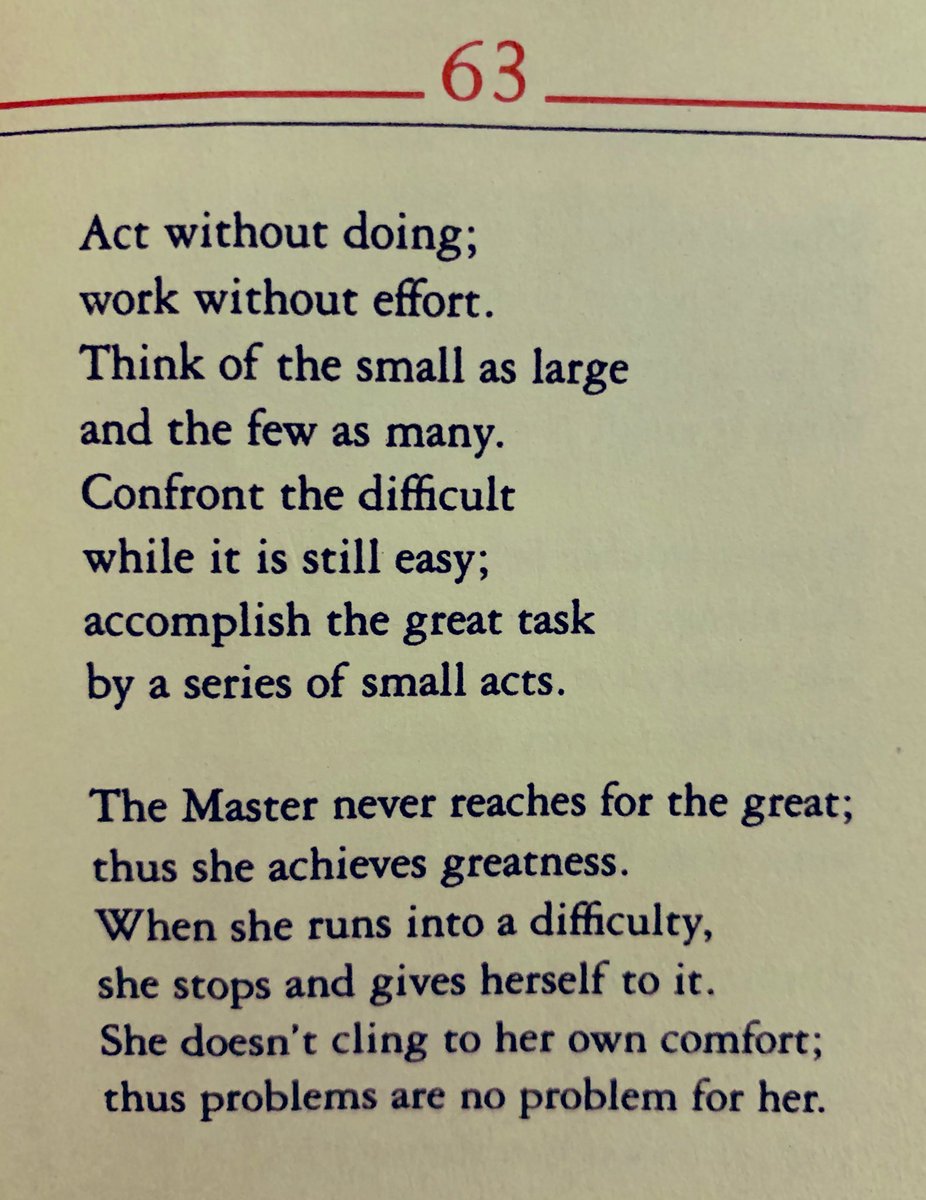















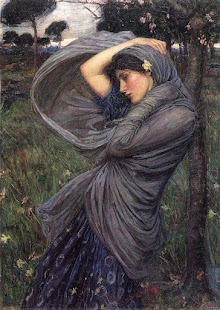














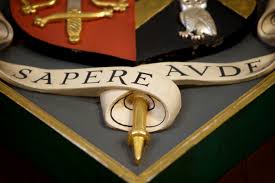






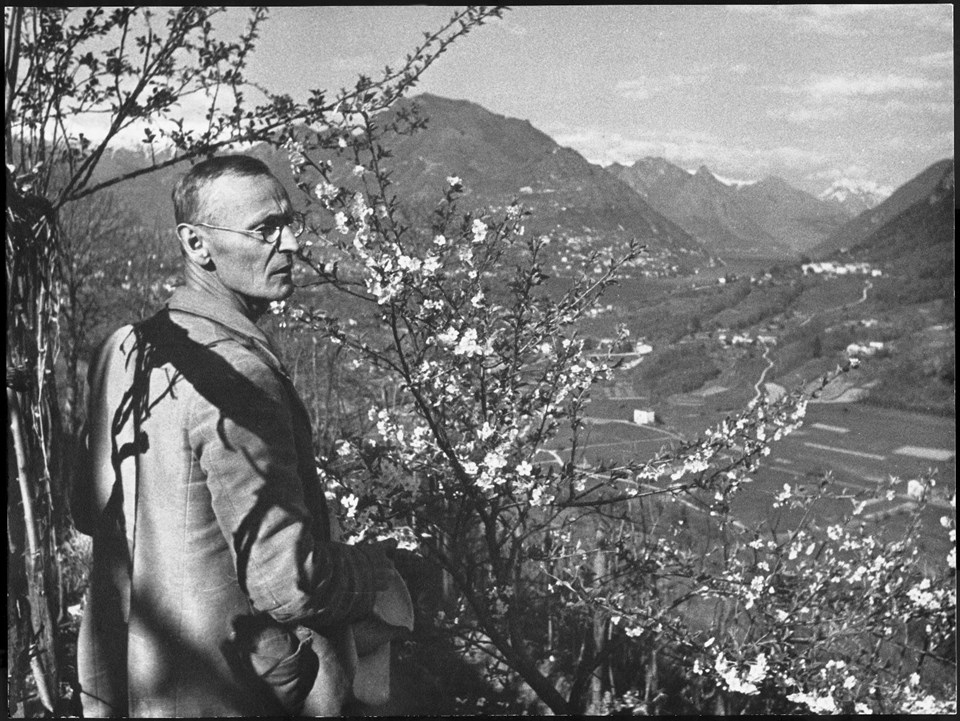




















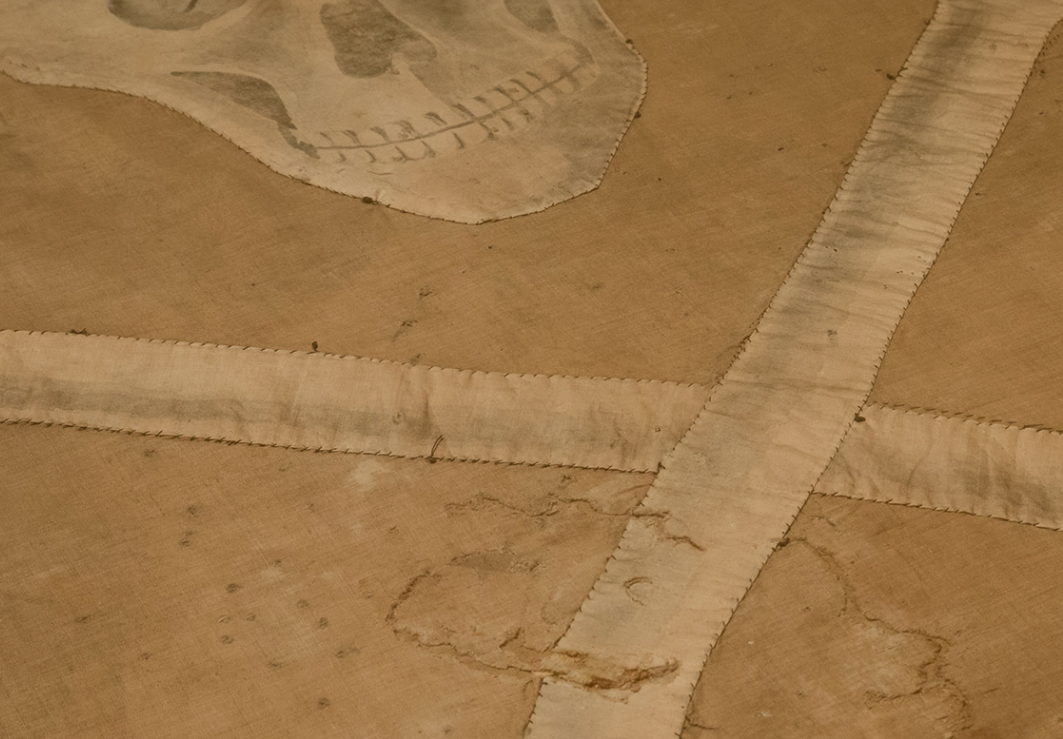

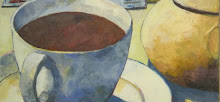
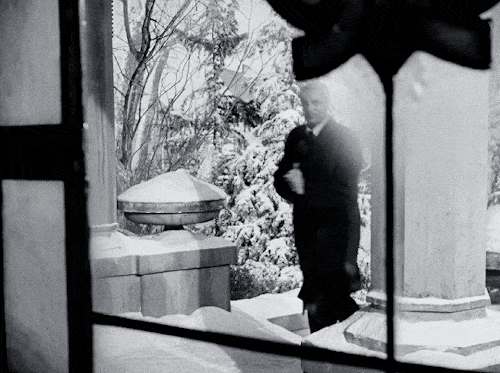


















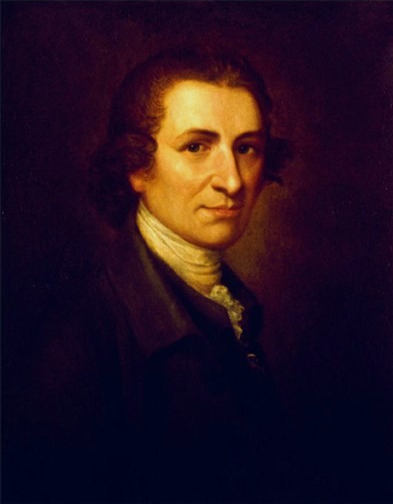


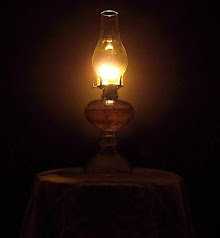







No comments:
Post a Comment